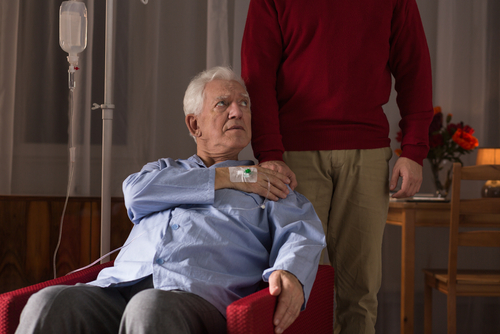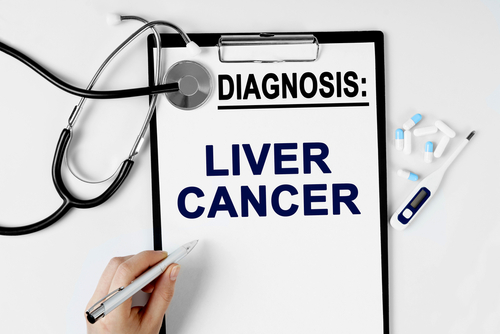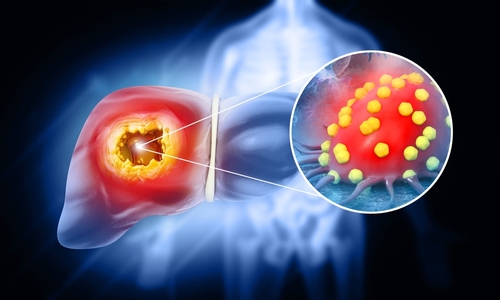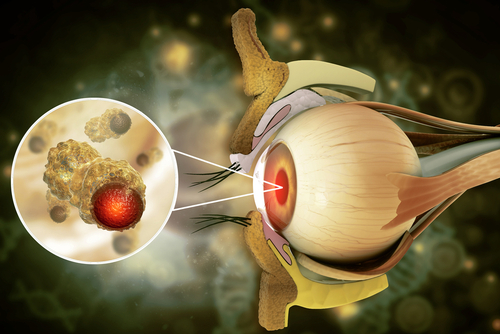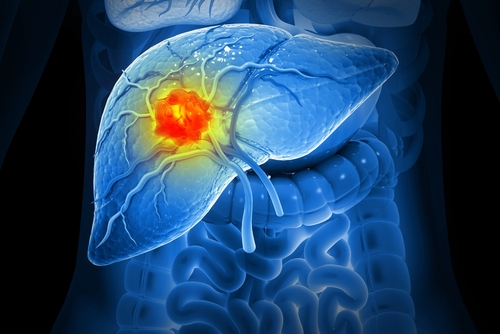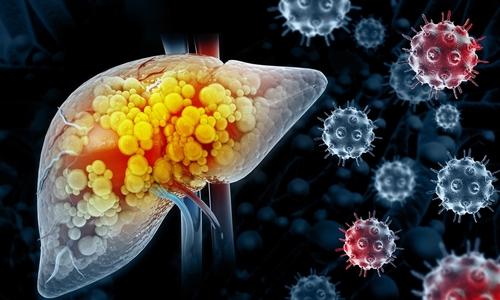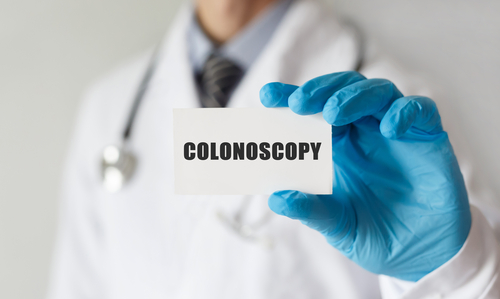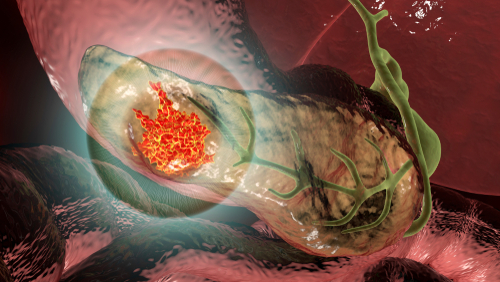Rob Dillard
Rob Dillard
Articles by Rob Dillard
Rob DillardLiver Cancer | March 19, 2025
Age has no significant impact on the prognosis of elderly patients with HCC following hepatectomy.Rob DillardLiver Cancer | March 19, 2025
A novel signature can assess necroptosis-related genes to predict the prognosis of patients with hepatocellular carcinoma.Rob DillardLiver Cancer | March 19, 2025
A prediction model may serve as a viable management tool for patients with hepatocellular carcinoma undergoing TACE.Rob DillardColorectal Cancer | March 19, 2025
A study assessed the safety and efficacy of third-line treatment regimens for metastatic colorectal cancer.Rob DillardColorectal Cancer | March 19, 2025
Underwater endoscopic mucosal resection is a viable and effective method for removing colorectal lesions.Rob DillardLiver Cancer | March 19, 2025
A study compared the association of tumor response evaluated by MRI, CT, and ultrasound in patients with HCC.Rob DillardLiver Cancer | March 19, 2025
Tislelizumab may represent a potential first-line therapy for patients with uHCC.Rob DillardLiver Cancer | March 19, 2025
A study established a risk prediction model of ocular metastasis in patients with primary liver cancer.Rob DillardCIO 2023 | September 28, 2023
Histotripsy is an innovative modality for treating liver tumors that offers several advantages.Rob DillardCIO 2023 | September 28, 2023
The number of arteries treated during transarterial chemoembolization did not affect outcomes in liver cancer patients.Rob DillardCIO 2023 | September 28, 2023
Radiation lobectomy with transarterial embolization of Yttrium-90 is a viable option for hepatocellular carcinoma.Rob DillardCIO 2023 | September 28, 2023
Durvalumab plus tremelimumab significantly improved overall survival in patients with unresectable liver cancer.Rob DillardColorectal Cancer | September 15, 2023
The combination of pembrolizumab and lenvatinib did not improve survival in metastatic CRC.Rob DillardColorectal Cancer | September 14, 2023
The FRESCO-2 study showed that fruquintinib resulted in an overall survival benefit in metastatic colorectal cancer.Cathy Eng, MD, FACP, FASCOColorectal Cancer | September 13, 2023
Dr. Eng discusses the phase 3 FRESCO-2 study and how fruquintinib fits in with current treatments for advanced CRC.Rob DillardColorectal Cancer | September 5, 2023
The rate of colorectal cancer (CRC) screenings decreased by more than 20% during the COVID-19 pandemic.Rob DillardPancreatic Cancer | August 31, 2023
Results from a recent study suggest a novel therapy that may effectively treat pancreatic ductal adenocarcinoma.Rob DillardGI Cancer | March 19, 2025
Researchers identified a circRNA signature as a potential biomarker for GEP-NETs.Rob DillardGI Cancer | March 19, 2025
Patients with advanced stage gastroenteropancreatic neuroendocrine tumors appear to benefit from PRRT.Rob DillardEsophageal Cancer | March 19, 2025
Researchers assessed whether the aggressive warming of core body temperature reduces complications in esophageal cancer.About Column
Contribute Column
 © 2025 Mashup Media, LLC, a Formedics Property. All Rights Reserved.
© 2025 Mashup Media, LLC, a Formedics Property. All Rights Reserved.
